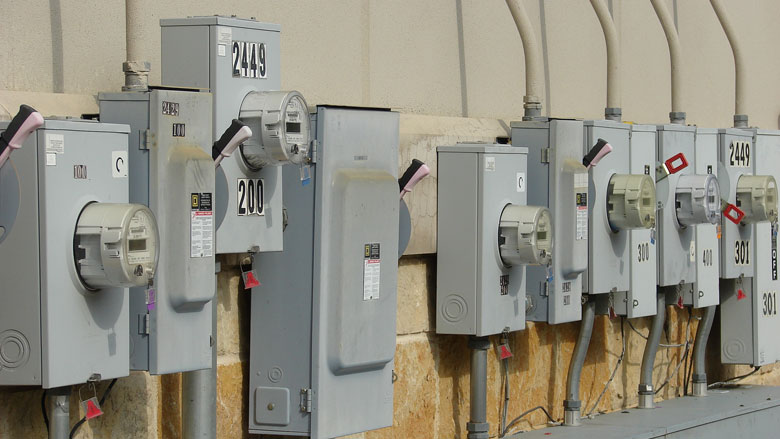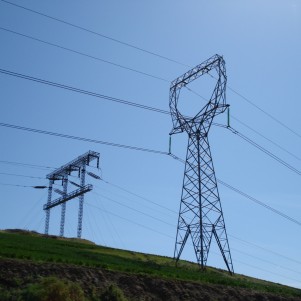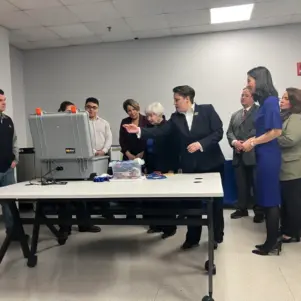State government on electricity: Do as I say, not as I do
By William J. Gillmeister | September 13, 2016, 16:09 EDT
 (Courtesy of Wikimedia)
(Courtesy of Wikimedia) Is your electricity bill outrageous?
I just looked at my electricity bill. After the electricity itself, the third largest charge is a combined energy efficiency and renewable energy tax — oh, excuse me, energy efficiency and renewable energy “charge.” This charge amounts to 7.5 percent of the bill or 20 percent of the “delivery services.”
These are government program taxes used to pay for the cost of efficiency programs so we use less electricity and to help pay to subsidize the currently uneconomical production of renewable energy. The government has wasted hundreds of billions of taxpayer dollars to subsidize energy efficiency programs and alternative energy production for the bankrupt ideas of reducing reliance on foreign oil and energy sources to reversing man-made climate change. (Or is it global warming? Or global cooling? Or some other global catastrophe?)
A recent Massachusetts Supreme Judicial Court (SJC) decision reveals the government’s hypocrisy with respect to these programs. They overturned a decision by the Massachusetts Department of Public Utilities (DPU) that would have allowed electric distribution companies to establish long-term contracts with gas companies to purchase gas. They overturned the decision because free-market deregulation adopted by the legislature in the 1990s prohibited electricity and gas production companies from being involved in the business of delivering electricity and gas and vice versa.
Deregulation separated electricity and gas production from the delivery of these energy supplies to force the risks and costs associated with energy production onto those companies that build the plant and not onto consumers through the delivery channels as energy producers have historically done. Before deregulation, electric companies often produced electricity and delivered it through power lines. If an electric company wanted to expand by luring competitors’ customers to buy its electricity, it would first have to spend lots of money building a plant to produce more electricity. But if the expansion failed to get more customers, the electric company would have spent all this money to build the plant for nothing; they’d lose their investment. To cut its loses, the company would pass the costs of the plant onto their current customers with increased rates.
With deregulation separating production from delivery, production companies would have a more difficult time passing along the costs of the new plant. This is because delivery companies will seek the least cost energy supply, so if they can find a cheaper supply they will. Thus, energy producers must be much more deliberative when considering adding capacity and building new plants.
Herein lies the irony of electric bill “charges” for energy efficiency programs and alternative energy. The government, through deregulation, has said that energy producers must bear the risks of building new plants or finding different sources of energy production. Yet, at the same time, the very same government is mandating that the consumer, and the electric distribution companies for that matter, take on the risk—i.e., pay for—these program even though they’ve turned out to be busts (remember Solyndra and Evergreen Energy?).
Forcing taxpayers and consumers to pay for high-cost alternative energy and efficiency programs in the face of deregulation is the height of hypocrisy! Do as I, the all knowing government, say, not as I do. On second thought, it’s more like: Do whatever I tell you to do.
William J. Gillmeister is governance professional and agricultural economist from central Massachusetts.










